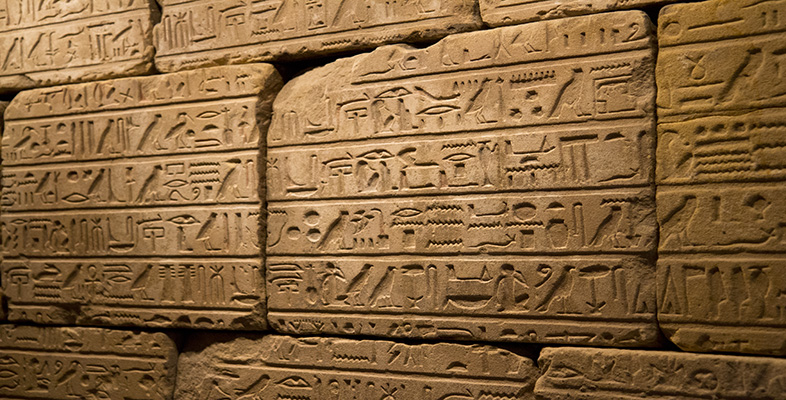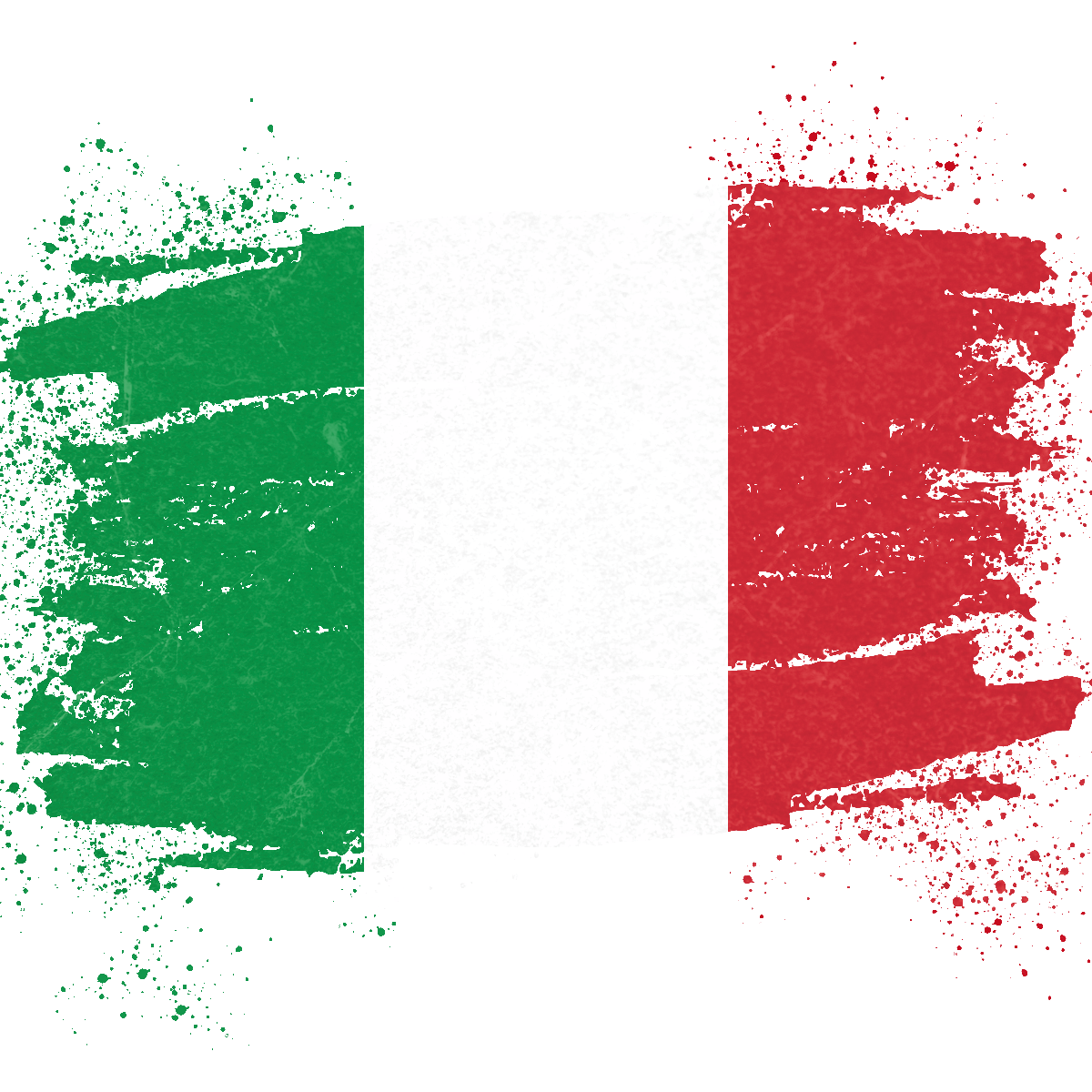If there is a topic for which our institute surely is worth its salt, it is numbers.
Though many might not see them in the best of lights, numbers make up for the majority of circumstances, be it a convoluted code or trivial counting.
People have been making use of them even before the invention of a writing system and they have been the foundations of human progress and civilization. Yet not all peoples, regardless of architectural and arithmetic expanse, were aware of what is arguably the foremost one: zero.
Admittedly, when it comes to it, it is quite the oddball, with a history to match.
On one hand, there have been substitutes and placeholders of the cipher brought by long gone cultures, such as Egyptians and Babylonians. On the other hand, classical ancients have been pondering about the mere existence of zero, which was matter of lengthy philosophical debates.
The Greeks even came up with what may be regarded as the first ever recorded instance of naught in Europe. Our peninsula, however, met this intriguing number thanks to Leonardo Pisano, also known as Fibonacci, in 1202. It was taught to him while studying in North Africa by shrewd Arabian mathematicians, who referred to it as sifr and whose knowledge, in turn, came from Indian astronomers.
From sifr, Fibonacci gave it the name zefiro, similar to zephyrus, a light breeze hailing from the West, since the sound uttered by the Arabians reminded him of the wind. Eventually, this fundamental digit, which single handedly permanently modified our numerical system, gained the name we all are familiar with: “zero”.
Quite the backstory for what essentially represents nothing.
By: Michael Joseph Carè – 4BIA





